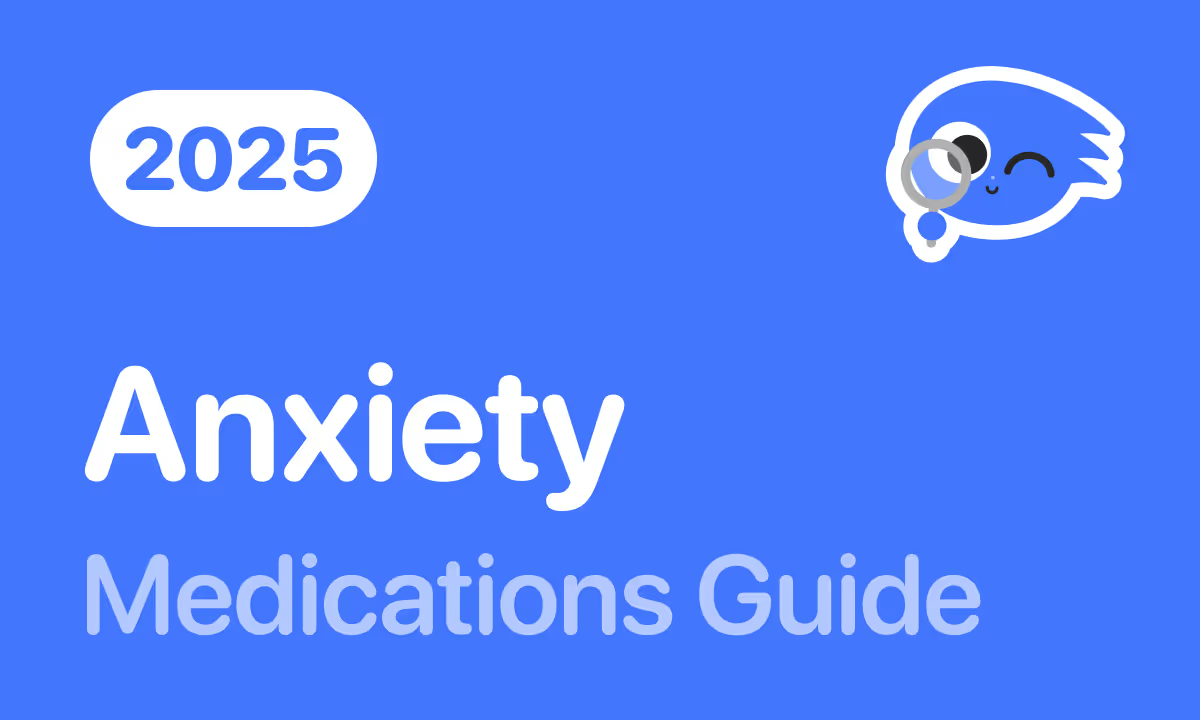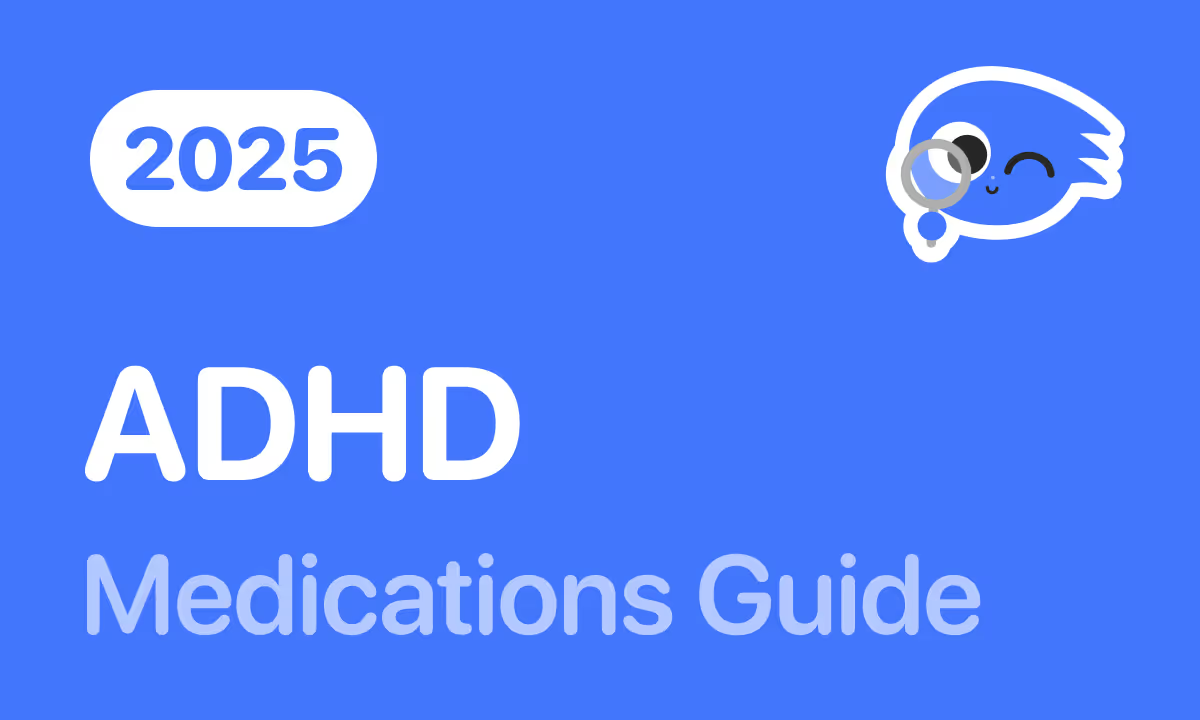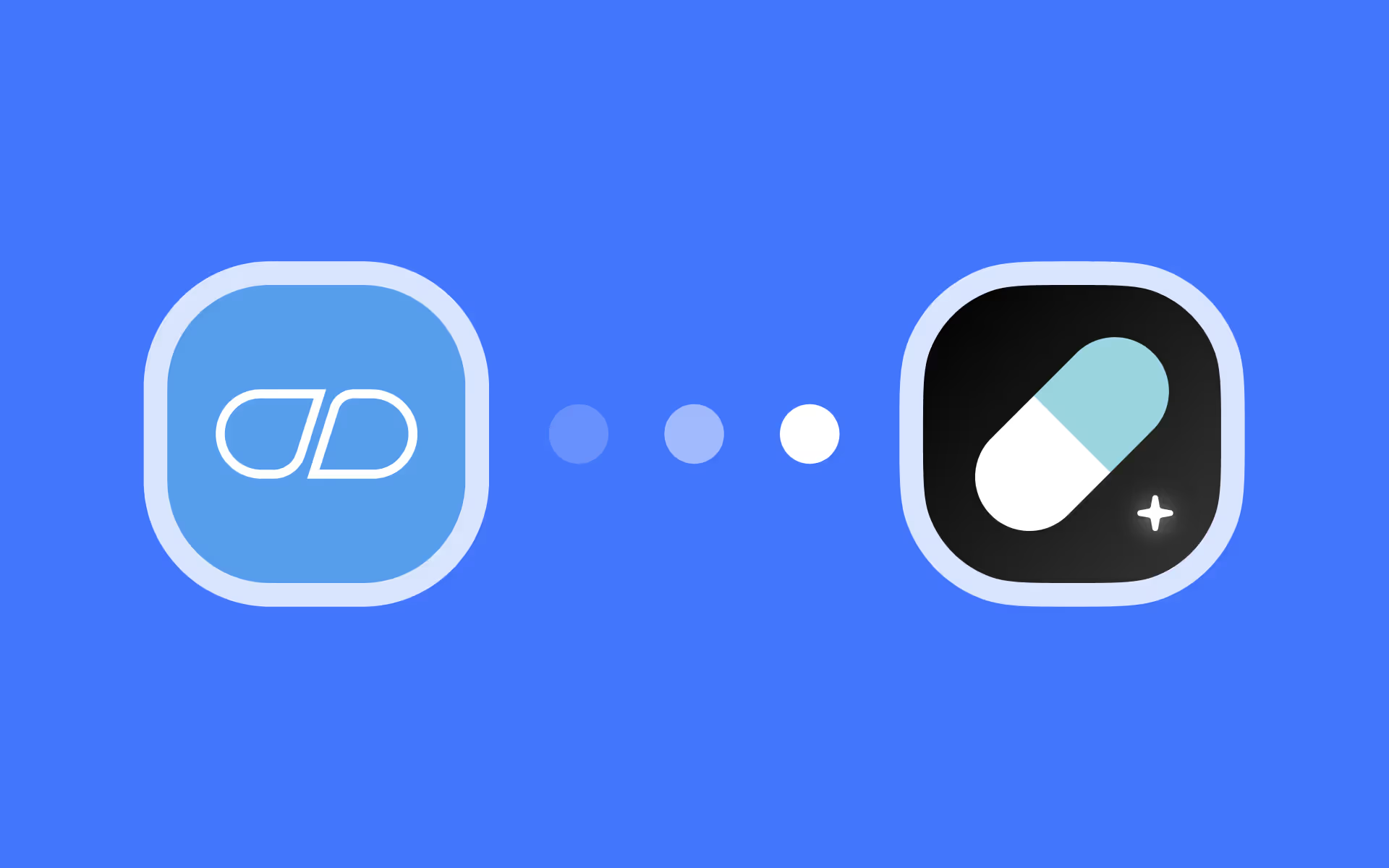Starting a new medication is an important step in your health journey. It's natural to have questions and concerns when you begin taking pills regularly. This guide offers five essential tips to ensure you use your new medications safely and effectively. You'll find valuable insights to help you confidently manage your new medication routine.
1. Follow your prescription exactly; Timing, dosage, and instructions matter
Following your prescription exactly is crucial for protecting your health from regular dosage. A study by the World Health Organization (WHO) found that only about 50% of patients with chronic diseases take their medications as prescribed. This can lead to serious health problems.
What attributes in your prescription should you follow then?
- Timing: The U.S. Food and Drug Administration (FDA) says that taking the right dose at the right time is key to making sure your medicine works properly. For example, some medicines need to be taken with food, while others work better on an empty stomach.
- Dosage: Taking the correct amount of medication is vital. The Mayo Clinic emphasizes that taking too little might not treat your condition effectively, while taking too much can be dangerous and lead to unwanted side effects. Never change your dosage without consulting your doctor first.
- Other Important Instructions: Many medications come with specific instructions. These might include avoiding certain foods, drinking plenty of water, or not lying down for a period after taking the medicine. The American Pharmacists Association stresses that following these instructions is just as important as taking the right dose at the right time.
The Centers for Disease Control and Prevention (CDC) reports that not following prescriptions correctly leads to about 125,000 deaths each year in the United States. By following your doctor's instructions carefully, you can help your medicine work better and stay safer.
Remember, if you're unsure about anything, it's always okay to ask your doctor or pharmacist for help.
2. Be aware of drug Interactions with your body, food and other meds
Medications can interact with many things in your body. Understanding these interactions is key to staying safe and healthy. Let's look at the 5 different types of interactions:
- Drug-Drug Interactions
This occurs when two or more medications don't mix well. For example, Sarah, a 55-year-old woman, experienced severe dizziness when she combined her new blood pressure medicine with her usual antihistamine. It's crucial to review your entire regimen, including over-the-counter drugs and supplements. - Drug-Food Interactions
Certain foods can alter how your medicine works. Grapefruit juice, for instance, can intensify or weaken the effects of some drugs. Moreover, alcohol often affects your medication's efficacy, potentially reducing the effectiveness of your treatment unless you limit alcohol consumption. - Drug-Condition Interactions
Your health conditions can influence how drugs work in your body. For example, decongestants might elevate blood pressure in people with hypertension. If you have multiple conditions, it's important to check if a new medication could worsen any of them. - Drug-Allergy Interactions
Some medicines may contain ingredients you're allergic to. This is easy to overlook as people often consider only the main ingredients. However, even small amounts of certain substances can trigger allergic reactions. - Drug-Induced Nutrient Depletion
Certain medications can decrease important nutrient levels in your body over time. For instance, long-term use of acid reflux drugs might lead to vitamin B12 deficiency. If your new medication potentially lowers specific nutrients, consider planning for supplementation.
3. Sincerely listen to your body’s feedback
Paying close attention to how your body responds to a new medication is crucial. When you start a new medicine, it typically treats your symptoms positively, but sometimes your body might react unexpectedly. These reactions can range from mild side effects to serious allergic responses.
While some side effects are common and may disappear as your body adjusts, others could signal a more serious problem. The FDA reports that adverse drug events cause over 1 million emergency department visits each year in the U.S. That's why it's important to keep a symptom diary for the first few weeks of taking a new medication. This practice is even more critical if you're in special conditions such as pregnancy or breastfeeding.
We recommend writing down any changes you notice, no matter how small they seem. If you experience severe symptoms like difficulty breathing, rapid heartbeat, or swelling, seek medical help immediately. Your healthcare provider can help determine if what you're experiencing is normal or if your medication needs adjustment.
4. Handle with care; storing, cutting
(1) Storing
Medications are designed with specific coatings and packaging to maintain their effectiveness. However, proper storage is your responsibility. Many people don't realize that storage conditions can significantly impact a medicine's potency and safety.
The U.S. Food and Drug Administration (FDA) recommends storing medications in a cool, dry place, away from direct sunlight and heat. Avoid common mistakes:
- Don't store in bathroom cabinets (too warm and humid)
- Some medications (like insulin) may need refrigeration
- Always check the label or ask your pharmacist for specific storage instructions
(2) Cutting
Be cautious about altering your medications. The National Health Service (NHS) warns against cutting or crushing pills unless specifically advised by your healthcare provider. Why? Some medications have special coatings or Time-release properties.
Cutting these can interfere with how they work, potentially
- Causing the entire dose to be released at once
- Leading to dangerous side effects
- Reducing the medicine's effectiveness
Always consult your healthcare provider before modifying any medication.
5. Missed a dose? Know how to handle it safely
Missing a dose of your medication can happen to anyone, but it's important to know how to respond correctly. The FDA advises that what you should do depends on the medication and how much time has passed. Here are some general guidelines:
- Don't double up: Taking two doses to make up for a missed one can be dangerous.
- Check the time: If it's almost time for your next dose, skip the missed one and continue your regular schedule.
- For daily medications: Take the missed dose as soon as you remember, unless it's close to your next scheduled dose.
- For "as needed" medications: Simply take the next dose when you need it.
- Specific instructions: Some medications have unique rules for missed doses. Always check your prescription information or consult your pharmacist.
- Keep track: Use a medication tracker app or a simple checklist to help you remember your doses.
Remember, these are general guidelines. Always consult your healthcare provider or pharmacist for specific advice about missed doses of your medications.
Conclusions of Starting a New medication
Managing your medications effectively is a crucial part of maintaining your health and well-being. By following these five key tips you can significantly improve the safety and effectiveness of your treatment.
- Tip 01: Adhering to your prescription exactly
- Tip 02: Being aware of potential drug interactions
- Tip 03: Listening to your body's feedback
- Tip 04: Handling medications with care, and
- Tip 05: Knowing how to manage missed doses
FAQ
1. What should I do if I experience unexpected side effects from a new medication?
: Write down any changes you notice in a symptom diary, no matter how small. If you experience severe symptoms like difficulty breathing, rapid heartbeat, or swelling, seek medical help immediately. For less severe symptoms, consult your healthcare provider to determine if they're normal or if your medication needs adjustment.
2. Can I store all my medications in the bathroom cabinet?
: It's generally not recommended to store medications in the bathroom cabinet as it's often too warm and humid. The FDA recommends storing most medications in a cool, dry place, away from direct sunlight and heat. Some medications may require refrigeration. Always check the label or ask your pharmacist for specific storage instructions.
3. Is it safe to take a double dose if I missed my previous one?
: No, it's generally not safe to double up on doses. If you miss a dose, check the time. If it's almost time for your next dose, skip the missed one and continue your regular schedule. For daily medications, take the missed dose as soon as you remember, unless it's close to your next scheduled dose. Always consult your healthcare provider or pharmacist for specific advice about missed doses of your medications.





